What you need to know about Child Labor in Uganda
In recent years, Uganda has experienced a significant surge in child labor, rising from 14% in 2016/17 to 39.5% equivalent to 6.2 million children in
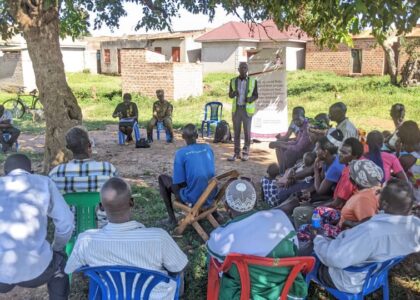
Violence against children is a pervasive and devastating problem in Uganda. It takes many forms, including physical, sexual, and emotional abuse, as well as neglect and exploitation. These forms of violence have long-lasting and detrimental effects on children, impacting their physical and mental health, as well as their ability to learn and thrive. In order to address and ultimately eradicate this issue, it is imperative to engage communities in the effort to end all forms of violence against children in Uganda.
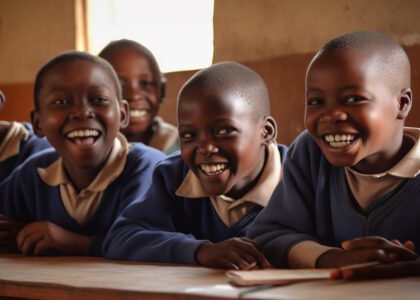
Child marriage is a global issue that affects millions of young girls every year. In Uganda, child marriage is a prevalent problem, with 34% of girls getting married before the age of 18. This practice not only robs these young girls of their childhood but also limits their opportunities for education, health, and a bright future. However, there is hope as organizations in Uganda are collectively working towards ending this harmful practice.
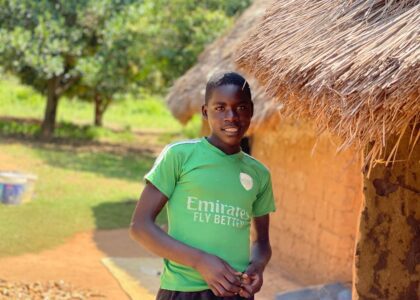
Child marriage is a harmful practice that violates the rights of children, particularly girls. It robs them of their childhood, education, and opportunities, and exposes them to increased risks of violence, abuse, and exploitation. While child marriage is an issue that predominantly affects girls, the role of men and boys in ending this harmful practice is crucial and cannot be overlooked.
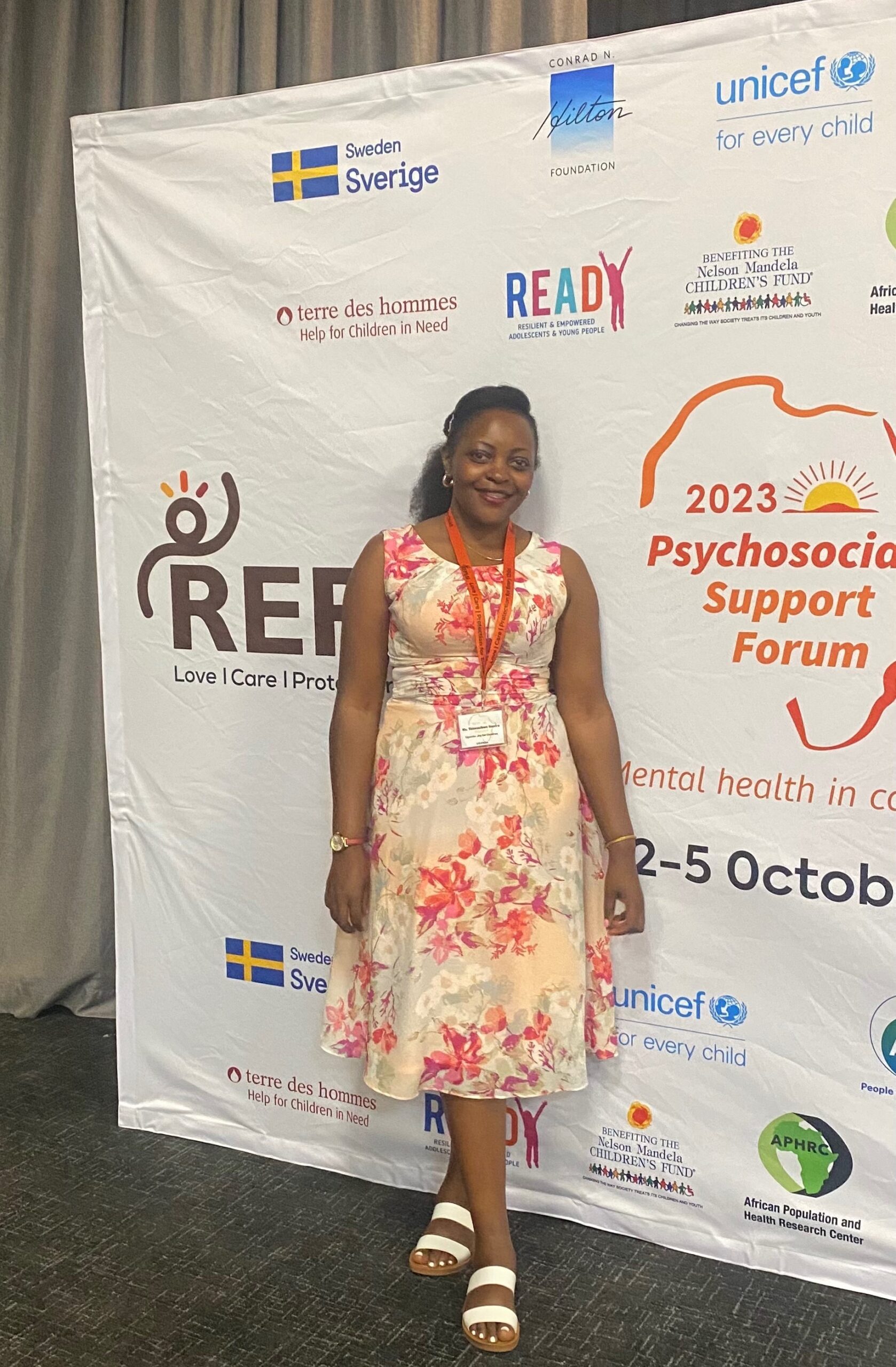
The 7th Regional PSS Forum, under the theme “Mental Health in Context” took place at the Birchwood Conference Centre in Johannesburg from the 4th to 5th of October 2023. It was organized jointly with REPSSI, the Nelson Mandela Children’s Fund, UNICEF ESARO, University of Pretoria and Africa Population and Health Research Centre.
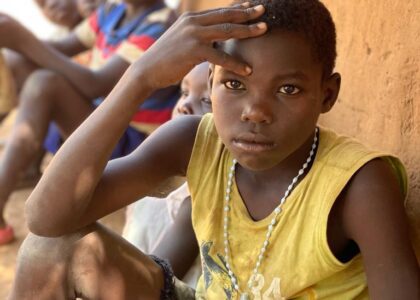
Child sexual abuse refers to the involvement of a child (person less than 18 years old) in sexual activity. Child sexual abuse (CSA) is a violation of the fundamental rights of a child and is deeply rooted in harmful gender norms. It is exacerbated by poverty, insecurity, displacement, drug abuse, conflicts, natural disasters and mental health problems. CSA has remained both pervasive and persistent despite existing legislative, policy and practice initiatives to address it. The majority of CSA cases remain hidden, are heavily under-reported and some even never investigated to a great extent.
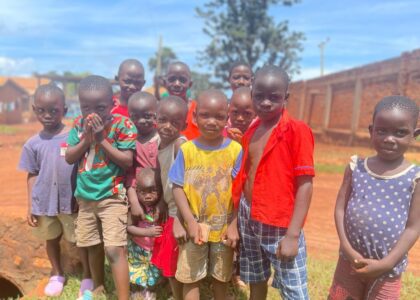
Violence is defined under article 19 of the Convention on the Rights of Children to mean all forms of physical or mental violence, injury and abuse, neglect or neglect treatment, maltreatment or exploitation, including sexual abuse. Violence against children physical, psyclogical and mental violence, and sexual violence. Violence against children in Uganda is at a rising scale. Reports of cruel and humiliating punishment, abandonment, sexual abuse and all other forms of violence are seen every day.

Families therefore serve an important mechanism for organizing social relationships by conferring certain rights and privileges and imposing duties. It organizes caregiving plus economic and other welfare to its members. It also provides refuge and a source of protection from conflict. Whereas family plays a key social role for the wellbeing and organization of society and are idealized as places of refuge and safety, they are also sites for abuse and injustice.

The media is a powerful tool that plays a critical role in driving state accountability; exposing impunity and advocating for change.
Joy for Children Uganda was saddened to learn about the brutal massacre of innocent
students of Lubiriha S.S in Mpondwe – Bwera, Kasese District. On June 17th 2023 , it was
reported that Allied Democratic Forces (ADF) attacked Lhubiriha secondary school in a border town of Mpondwe living 41 people dead including 38 students who were burned, shot
and hacked to death.
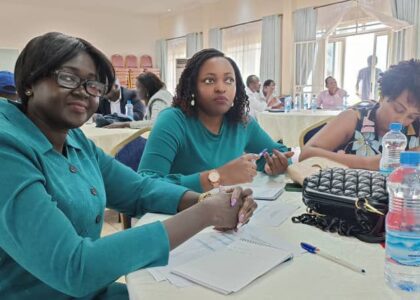
Civil Society serves as a pillar of democratic systems, playing an important role in democracy and good governance for pre-and post-conflict societies. CSOs play a critical role in developing, monitoring human rights situations, implementing strategies that promote peace and security, monitoring implementation of agreements, and providing recommendations and information to decision-makers or human rights and advocacy groups.